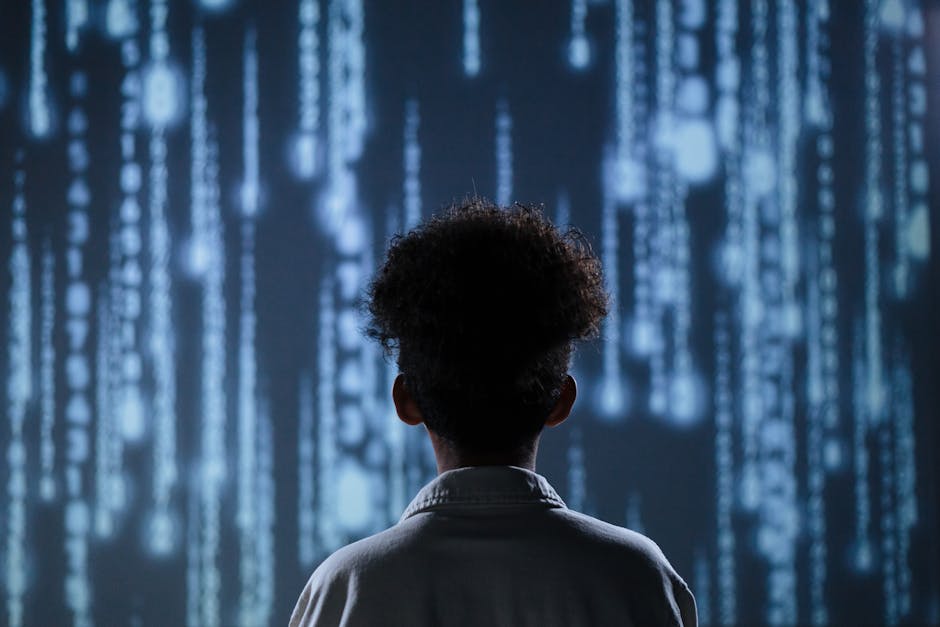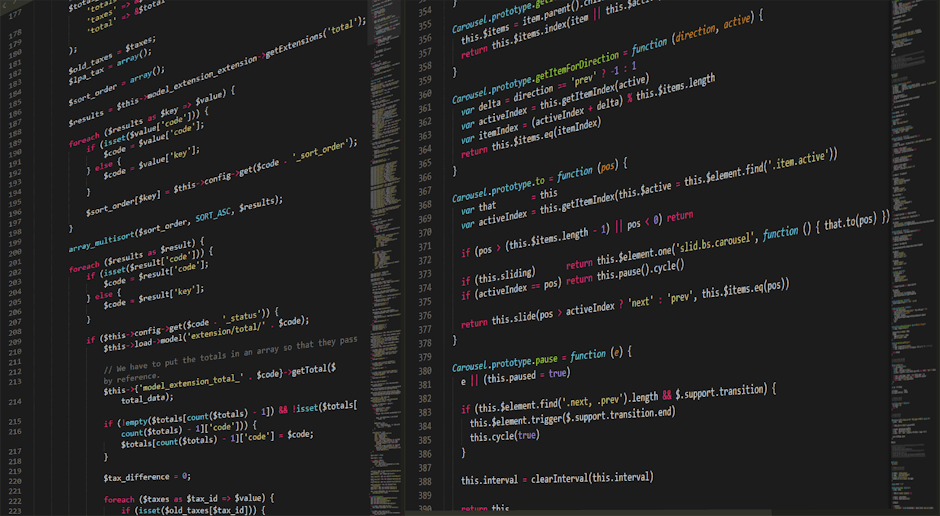
Remember 2024? Gosh, it feels like ages ago, doesn’t it? Back then, everyone was just trying to keep their head above water, drowning in notifications and endless feeds. It was like living inside a washing machine, all spinning cycles and never quite getting clean. Every app wanted your attention, every device pinged for a look, and your brain just felt… full. Overstuffed, kinda. And the “AI” everyone talked about? Well, it mostly felt like fancy chatbots or tools that just did what you told them, not what you needed. That’s where maiuse popped up, and wow, did it change things.
This isn’t some sales pitch, seriously. I’m just telling you, from my own desk, what maiuse actually feels like in 2025. It’s not a thing you install, not really. It’s more like a smart companion that just… integrates. It’s the quiet hum in the background that makes everything else less noisy. For me, a high schooler trying to figure out calculus and also keep up with friends and, you know, just live, maiuse has been a game-changer. It’s not just for students, though. My dad, who runs his own small business and used to tear his hair out over digital clutter, well, he’s a convert too.
So, What Exactly Is This “Maiuse” Thing, Anyway?
Okay, so if you’re picturing another AI assistant you talk to, stop right there. Maiuse isn’t a “Siri, play my pump-up playlist” kind of deal. It’s way more subtle, kinda like a digital shadow that learns your rhythm. It doesn’t boss you around or try to predict your every move in a creepy way. Instead, it gets how you work. It picks up on your moods, your actual routines (not the ones you wish you had), and what genuinely helps you feel less stressed and more present.
For instance, I used to have, like, a zillion tabs open all the time. My browser was a digital junk drawer. Emails piled up, half-read articles lingered, and my calendar looked like a bad abstract painting. It was chaos. But maiuse, without me asking, just started tidying. It’d put articles I hadn’t touched in a week into a “later” pile that was actually useful, not just a black hole. It’d flag emails that genuinely needed my attention, letting the rest chill out for a bit. And the notifications? Forget about it. They just… stopped being a constant bombardment. Now, my phone mostly buzzes when someone I actually care about texts me, or if something truly important pops up. It’s like having a really good personal assistant who doesn’t need instructions and knows you better than you know yourself sometimes. But, like, in a good, non-creepy way.
And it isn’t about productivity, not really. That word always felt heavy, you know? Like you’re supposed to be a robot churning out widgets. Maiuse is more about peace. About making space in your digital life so you can actually enjoy your real life. It’s hard to explain to someone who hasn’t experienced it, but it kinda gives you back time, even when it’s just sorting out your digital junk.
How Maiuse Just… Happens
It’s not some big installation, or even an app you download from a store. It just sort of, for many people, appeared. Well, okay, that sounds wild, right? But what I mean is, it’s integrated into the digital fabric now. Your device manufacturers, your operating systems, they just built it in. It runs on distributed learning models, which is a fancy way of saying it learns from a ton of stuff happening all over the internet, but then it refines that learning just for you on your own devices. So, your personal data? Stays personal. This was a pretty big sticking point for a lot of folks earlier on, and it’s a big reason maiuse got so popular. People didn’t want their deepest digital habits floating around in some giant company’s cloud.
My Own Little Maiuse Story
Just the other day, I was staring at my English homework, totally stuck on an essay about… I don’t even remember now. I was probably supposed to be looking up something, but my brain was just mush. And then, my maiuse (that’s what I call “my maiuse,” because it feels personal, not just “the maiuse”) popped up a tiny little suggestion bubble, not a notification. It was a link to an old article I’d skimmed weeks ago, about a completely different topic, but for some reason, the way it had framed a certain idea suddenly clicked for my essay. It wasn’t about the content of the article, but the structure of the argument. It was weird, but really helpful. I guess my maiuse had noticed I was stuck, scanned my previous interactions, and found something that might help unstick me. It’s that kind of quiet, almost magical assistance that makes you go, “Whoa.”
And you know, it’s not always about big things. Sometimes it’s tiny. Like, I’m trying to remember if I already sent that email to my teacher. Before I can even start typing in my search bar, maiuse already has a small notification bubble, “Yes, sent Tuesday at 3:15 PM.” It’s like it reads my mind, but not in a scary way. More like a helpful friend who knows your absentminded habits.
This isn’t about making you lazy. Quite the opposite. By clearing out the digital junk, by making the useful stuff easy to find and the distracting stuff disappear, maiuse kinda forces you to engage with what matters. You’re not scrolling endlessly. You’re not searching fruitlessly. You’re just… doing. Or thinking. Or, if you want, doing nothing at all without guilt, because the digital world isn’t constantly screaming for your attention.
The “Feel” of Using Maiuse in 2025
It’s definitely less polished, less shiny, than a lot of other tech. It’s not trying to impress you with flashy graphics or clever animations. It just is. It’s almost boring in its efficiency, but that’s what makes it so good. The lack of fanfare is the point. It’s like, you know that feeling when you finally clean your room, and it’s just quiet and clear? That’s what maiuse does for your digital space. It gives you room to breathe.
What’s interesting is how it changes your relationship with your devices. Before maiuse, I often felt like my phone was calling the shots. Now, I feel like I’m in charge again. I pick it up when I need it, not because it’s demanding something. And that, in itself, is a pretty big deal, don’t you think? It’s not about being disconnected, it’s about being intentionally connected.
And yeah, it’s not perfect. Sometimes it puts something in the “later” pile that I actually wanted to read right away. Sometimes it mutes a notification that, turns out, was kinda important. But those moments are rare, honestly. And because it’s constantly learning you, it gets better. It adapts. It’s got that human-like knack for learning from its mistakes. Not like a machine learning to optimize, more like a person figuring out how to be a better friend.
What’s next for maiuse? Hard to say, for sure. But I reckon it’ll just keep getting smarter, quieter, more ingrained into our daily lives without us even noticing it’s there. That’s the beauty of it. It doesn’t scream for recognition. It just… helps. And sometimes, that’s all you really need. A bit of calm in a noisy world.
Maiuse: What People Ask
Okay, so I get a lot of questions about maiuse. Here are a few that pop up a bunch.
Is Maiuse some kind of AI overlord? Like, does it control what I do?
Nah, not at all. It’s totally the opposite, actually. It’s there to give you more control. Think of it less like a boss and more like a really good, quiet personal assistant who cleans up your digital messes without being asked. It just tidies things up, makes stuff easier to find, and cuts out the noise. It doesn’t tell you what to read or watch; it just makes sure the stuff you want to read or watch is easy to get to, and the junk isn’t in the way. It’s about making your digital world feel more like yours, not some big company’s.
What about privacy? Does maiuse see all my personal stuff?
This is a big one, and it’s why maiuse caught on so fast. The whole point is that it runs locally on your devices. So, your specific data, the stuff that makes your maiuse yours, it mostly stays right there on your phone or computer. It doesn’t send all your private habits up to some big cloud server to be analyzed by a zillion algorithms. It learns from your patterns right where you are. There are some collective learning bits that happen, sure, but it’s all anonymized and aggregated, like, a tiny sliver of a huge pie. Your personal pie slice stays in your kitchen.
Can I turn maiuse off if I don’t like it?
Well, yeah, sort of. Because it’s so integrated into operating systems now, it’s not like an app you just delete. But you can definitely pause its activity, or tell it to be less active. It’s kind of like asking a friend to give you some space. Most people, once they get used to it, they don’t want to turn it off. It just makes things smoother. It’s designed to be in the background, making your digital life less annoying, so getting rid of it usually just means going back to the old digital chaos. Who wants that?
Is maiuse only for techy people? Or like, big businesses?
Not at all. That’s the cool part! Maiuse is for everyone. Like I said, I’m a high school student, and it helps me keep my digital life sorted for school, friends, and just chilling out. My dad, he runs a small landscaping business, and it helps him keep his client communications and schedules from getting all jumbled up. It’s built to adapt to you, no matter what you do or how tech-savvy you are. If you use a computer or a phone, maiuse can probably help you feel less overwhelmed by it all.
So, is it free? Or do I have to pay for it?
Mostly, it’s just part of the deal now. When you get a new phone or update your computer’s operating system, maiuse capabilities are often just… there. Some specialized versions or extra features might have a subscription attached, especially for businesses, but the core ‘digital tidying’ stuff that helps regular folks? That’s typically included. It’s kind of become a standard feature, because once people experience living with less digital clutter, they really don’t want to go back.
It’s funny, you know? A couple of years ago, everyone was talking about how AI would change everything, and it felt like this huge, intimidating force. But maiuse isn’t like that. It’s quiet. It’s personal. It just… helps you breathe a little easier in a world that never stops buzzing. And I think that’s a pretty amazing thing to have in 2025. It’s not about doing more; it’s about being more, by letting go of the digital noise. What a concept, huh?






